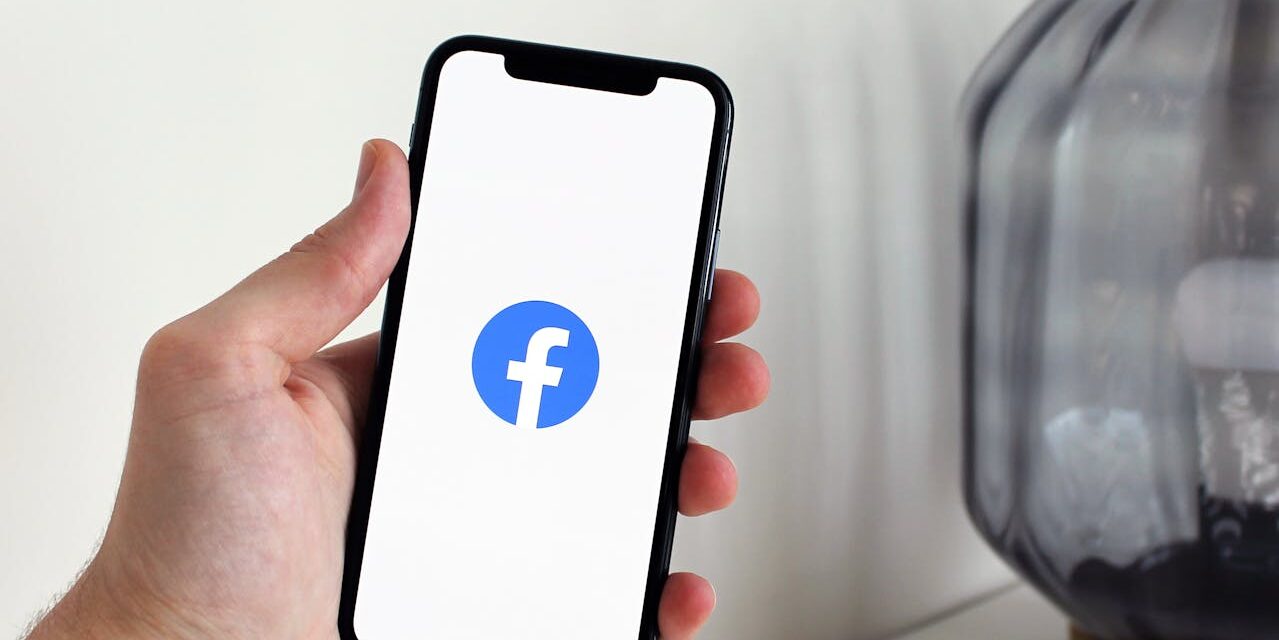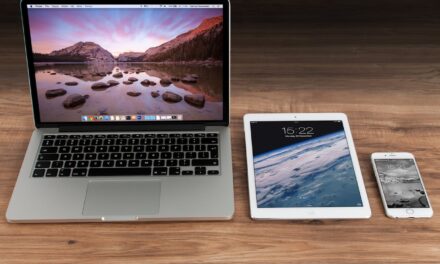Need reasons to delete Facebook? There are many.
From the earliest days of Facebook, I was a power user.
In fact, I first tried to join so early that I was initially denied an account due to being so young and not having a .edu email available for registration. Facebook finally opened to the public in September 2006 for anyone over 13 with a valid email address.
After finally getting my own Facebook account, I was hooked immediately.
I connected with family members, shared pictures with friends, created groups for special events, invited others to like my marketing pages, and spent endless hours on the platform.
After using Facebook for over a decade this year, things soured for me.
Considering my options, I packed my bags a few months ago, unfriended everyone, deactivated my Facebook account, and finally deleted it entirely.
I haven’t looked back since.
Table of Contents
1. Reclaim Your Time

I’ll get this issue out of the way first.
Facebook is a huge time waste.
I’ve easily spent hundreds, if not thousands, of hours on Facebook over the years.
It’s lovely to connect with people on Facebook, but I was missing real-world connections. I might have been interacting with fellow humans, but I did not prioritize visiting family and friends who were nearby and physically available.
Since deleting my Facebook account, I find myself texting loved ones more often, and I have much more time for positive activities, work, and hobbies.
I’m exercising again, focusing on writing and doing the things I love, and Facebook doesn’t sit on my phone or desktop with distracting notifications. I’m mortified by the totality of time I’ve wasted on Facebook, so I’ll spend the coming years making up for the lost time.
This year alone, since deleting Facebook, I’ve gone out camping on nine different weekends, and it’s been one of my life’s most precious and joyous times.
2. Minimize Privacy Risks

Facebook has been hacked before and I’m sure it will be hacked again.
Each time malicious parties enter the Facebook database, account information is collected and compromised and often sold on the dark web.
The email I initially used for my Facebook account was stolen during one of their first hacking disasters. I’ve paid the price for fraudulent activity related to my online identity.
For those who continue to use Facebook, consider creating an email solely for use as your Facebook account email, so you can throw away and deactivate the email and use another if your information is ever stolen.
I’m not a fan of Facebook’s business practices, ethical history and plans for the future, so it’s my prerogative and right to say, “sayonara!”
3. Stop Comparing Yourself to Others

I’m not immune to considering other people’s opinions too highly.
I, too, desire positive feedback from my peers, but praise from others through Facebook can be rather empty in reality.
Each time we log into Facebook, we compare our lives, actions, and accomplishments with the activities of others. These comparisons can leave us feeling unaccomplished, unmotivated, and personally defeated.
I felt all these emotions when using Facebook.
As humans, we can only maintain a finite, smaller list of relationships if we want to keep those relationships of a high quality. I found many of my Facebook friends were really only acquaintances, and there wasn’t much of a purpose beyond our mutual use of Facebook.
4. Avoid Politics and Drama

Decisively, Facebook is not for me.
Facebook has its share of positive messaging and posts, but I found that most user posts tended to be negative, drama-filled, and political.
I’m an independent who doesn’t pay homage to any political party; in my daily life, I like to filter out political messaging. Any time an opinion is shared on Facebook, the countering party shares their reverse thoughts, and it can become an endless nightmare of back-and-forth, argumentative commenting threads.
These pointless, heated commentaries no longer reach me through Facebook.
I’m not one for negativity, small talk or drama, so I spent most of my social media time on more lighthearted platforms like Instagram and TikTok.
I already feel more positive as a person overall since getting rid of Facebook, with less judgment, opinion, and aggressive attitude.
What are the reasons to delete Facebook?
It can be scary to delete your Facebook account for fear of missing out, but the reasons to delete Facebook are many:
- Have more time for things you love outside of Facebook
- Minimize your privacy risk and reduce your online footprint
- Stop actively comparing yourself to other people and live more vigorously beyond the digital world
- Avoid politics, drama, and endless negative comments and opinions
- Protects you from marketing manipulation and false information
- Improves your mental health and personal attitude
Always remember, if you get rid of your Facebook account, it’s not the only place online where you can engage, interact, and connect with others. The market isn’t cornered, and there are plenty of alternative options, from Instagram to Twitter to LinkedIn.
Why is everyone deactivating their Facebook accounts in 2022?
Everyone is deactivating their Facebook accounts in 2022 due to Facebook’s incessant and blatant disregard for personal privacy and ethical malpractices.
Is there any reason not to delete Facebook?
Before you delete your Facebook account, consider the cons.
Do you have another way to reach friends and family you’ve connected with on Facebook? Does your business rely on making connections using your personal Facebook page and wall?
If you won’t suffer financial difficulties and your business isn’t tied to your Facebook activity, then there aren’t many other reasons not to delete Facebook.
I no longer have a personal Facebook account, but I keep a phantom account to manage client Facebook pages, allowing me to get the best of both worlds. I use Facebook’s services for business needs while still reclaiming my time, reducing my digital footprint, and improving my online privacy.
Social networks like LinkedIn are highly valuable for business and professional connections, and I still use them as a supplemental replacement instead of Facebook.
Should I delete Facebook for my mental health?
Deleting Facebook improves your mental health by helping you to see and experience the world more clearly and not through the lens of social media.
Each time we log on to Facebook we absorb media, opinions, and misinformation that can leave one feeling depressed, depleted, and emotionally drained, adding to overall stress and poor mental health.
Since deleting my Facebook account, I’ve found I’m treating myself and others better. I have more time to work on my physical fitness, and overall stress and depression levels have dramatically reduced.





